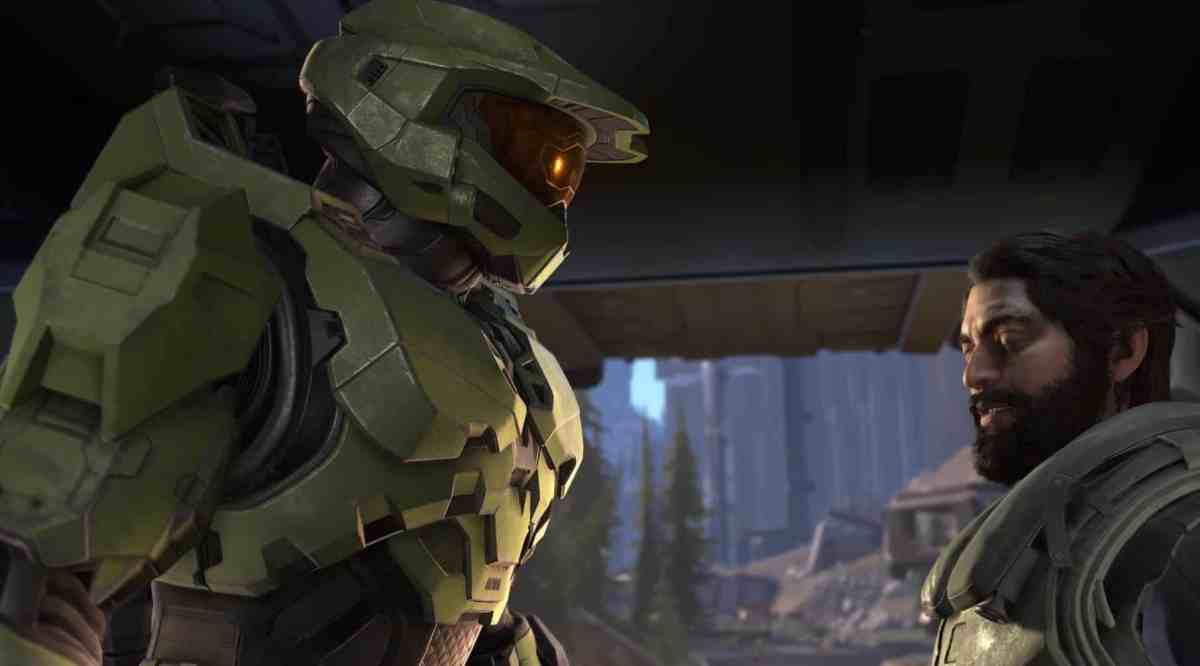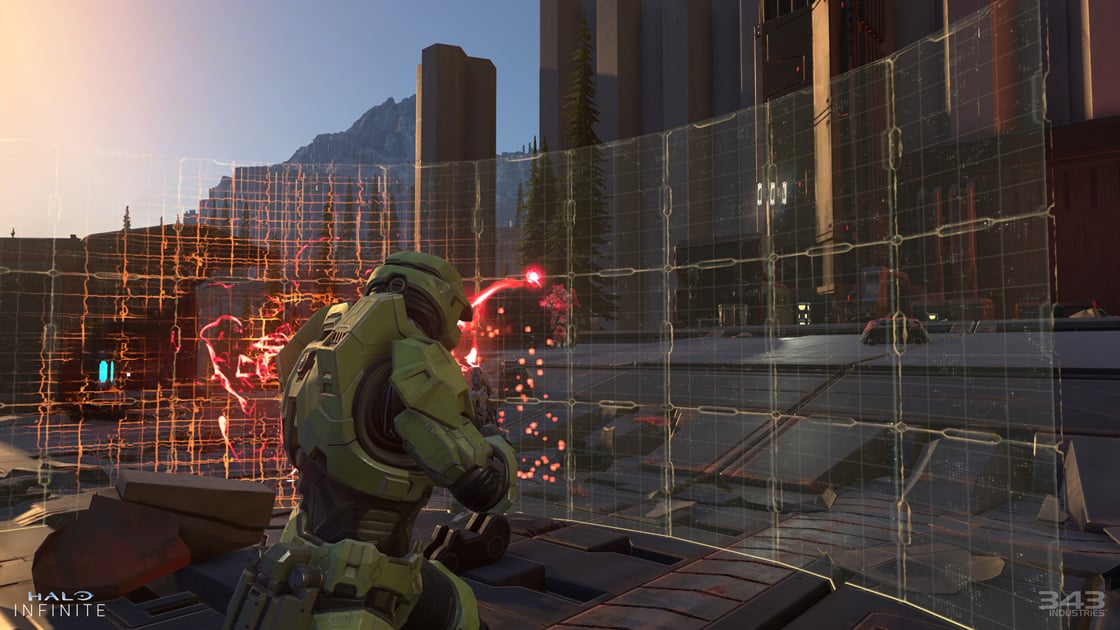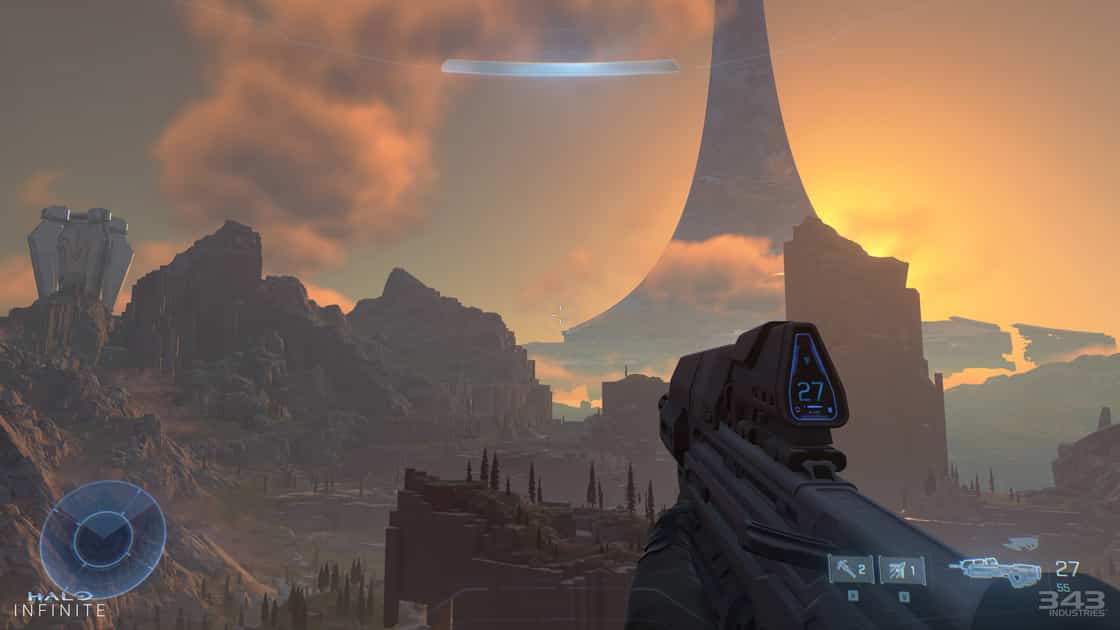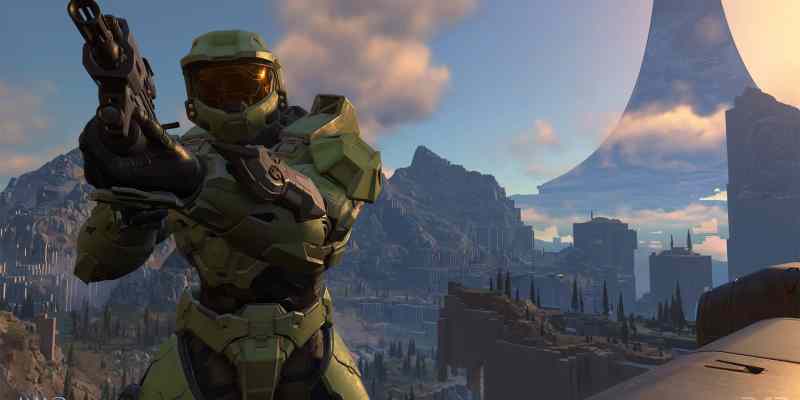The instant I read the news that Halo Infinite was being delayed to 2021, my mind went through a quick series of reactions. The first was shock, given that Halo Infinite has been synonymous with the launch of the Xbox Series X. But that quickly turned to understanding, considering the rocky reception the recent single-player demo had. And that understanding transformed into optimistic hope, knowing that more development time could only be a good thing for such an important game for Microsoft. But the final reaction I settled on was an uneasy understanding that given just how unpredictable and unprecedented 2020 has been, there’s no guarantee that any of the games we’re looking forward to this fall are actually going to make their marks.
We first learned about Halo Infinite from a short teaser at Microsoft’s E3 2018 press conference. A year later in 2019, Microsoft confirmed that Halo would be a launch title for what was then called Project Scarlett — in essence, the two had been tied together before we even knew what the console was going to be called.
As more news about the game came out, it was clear that Infinite was not just a crucial opportunity for the series to regain its former glory. It was also the culmination of what Microsoft’s mission statement for the future was going to be — a game that utilized Smart Delivery, Game Pass, and xCloud in a way that could be experienced by the maximum amount of people possible, whether that was on an Xbox One, Xbox Series X, PC, or streaming device.

But all of that was the plan before we as a collective society realized how many curveballs the year 2020 would be throwing at us. Console launches are complicated enough as is, but the global pandemic has added an unprecedented hurdle to pretty much every facet of life, including game development. The thousand moving pieces it takes to make any video game have suddenly multiplied exponentially, as projects of all sizes moved to predominantly remote development. Of course, it didn’t help that Halo Infinite’s creative director, Tim Longo, left the company last August, leading to a leadership shakeup deep into development.
As I previously mentioned, the reception to the first full gameplay demo of Halo Infinite from July’s Xbox Showcase wasn’t the “system-selling” moment that Microsoft may have hoped for. While I was really impressed by the way the gameplay married the old with the new, there was ample and valid criticism that its visuals were lacking for a game heralded as the big Xbox Series X launch game. This was quickly followed by the (wise) announcement that Halo Infinite’s multiplayer component would be going free to play.
So with this tumultuous few weeks, it kind of makes sense that Microsoft and 343 Industries would pump the breaks a bit and give their iconic franchise more room to be fully fleshed out. After all, a good Halo game in 2021 is much better than a mediocre Halo game in 2020. I’m all for giving developers the time and space they need in order to execute on their full visions for a game, while simultaneously trying to avoid the crunch and burnout that’s sadly become a norm in our industry. Plus, we’ll have no shortage of games to play at launch this fall — November, in the Xbox Series X’s case.

Unless, of course, things change. It was here that my final reaction to this news came to the forefront: No game is safe from delay going forward, especially none that are supposed to be released this fall. Halo Infinite’s delay came just hours after news dropped that Vampire: The Masquerade – Bloodlines 2 was slipping from its 2020 date to a nebulous 2021. And if I were a betting man, I’d say that we’ve only scratched the surface of games that we expect to hit later this year being pushed to 2021 and beyond.
Back in the pre-pandemic days of January, I wrote a piece on how delays aren’t the end of the world, and in fact, a lot of your favorite games have been, and will continue to be, delayed. From some of this generation’s defining experiences like The Legend of Zelda: Breath of the Wild, Persona 5, and Red Dead Redemption 2, to some of 2020’s biggest games like The Last of Us Part II, Final Fantasy VII Remake, Doom Eternal, and Animal Crossing: New Horizons, it feels more common for a game to have its initial release date moved than for it to actually hit the mark. And this list of delayed games even continues into projects we think are coming this fall, like Marvel’s Avengers, Watch Dogs: Legion, and Cyberpunk 2077, all of which had at least one, if not several public delays throughout development.
While it’s pretty safe to say that Marvel’s Avengers will hit its Sept. 4 release date, given that it’s only three weeks away and many of us have already put extensive time into its beta, there’s no guarantee when it comes to those other two titles. Ubisoft has a long track record of delaying games, and the fact that it has two major releases in Watch Dogs: Legion and Assassin’s Creed Valhalla slated to hit within a few weeks of each other in this fall has seemed strange to me. Despite having very different tones and settings, it feels like the existence of one open-world game in an established Ubisoft franchise in such close proximity to another open-world game in an established Ubisoft franchise isn’t great for either one.

And of course, CD Projekt Red is no stranger to delays, which is totally fine, as it’s proven with The Witcher 3 that it deserves absolute carte blanche about saying when a game is finally ready for the masses. With that in mind, the recent news that the developer isn’t 100% happy with Cyberpunk’s melee combat and that it is still working on it leads me to believe that there’s a possibility we don’t see the game in November.
And then there are all of the games that don’t have release dates set in stone, other than a nebulous “2020” or “launch window.” We know even less about PlayStation’s 5 launch lineup than we do about the Xbox Series X’s, including first-party games like Spider-Man: Miles Morales, as well as third-party exclusives like Arkane’s Deathloop. Again, this is all conjecture — I’m not saying that any one of these games is for sure being delayed, but I just wouldn’t be surprised if any one of them was the subject of a breaking news post similar to the one we just read about Halo Infinite.
Buying a new console at launch is becoming more and more akin to building a new PC. They’ll be the best place to play all the big third-party games, as well as a handful of really fantastic-looking indies, but your pals who don’t upgrade to new hardware can still play versions of many of those same games on their old consoles.
It feels like in buying a new console at launch this fall, what you’re really buying into is the individual promise of what’s to come. In Sony’s case, that’s follow-ups to their incredible PlayStation 4 exclusives like God of War, Spider-Man, Horizon, and whatever Naughty Dog and Sucker Punch have for us down the road. In Microsoft’s case, that’s the entire Game Pass ecosystem, as well as what its growing stable of first-party devs are cooking up. In short, if you’re buying an Xbox Series X or a PlayStation 5 a few months from now, you’re buying into potential more than a launch lineup. Because as we’ve seen with Halo, no 2020 release date is set in stone.
